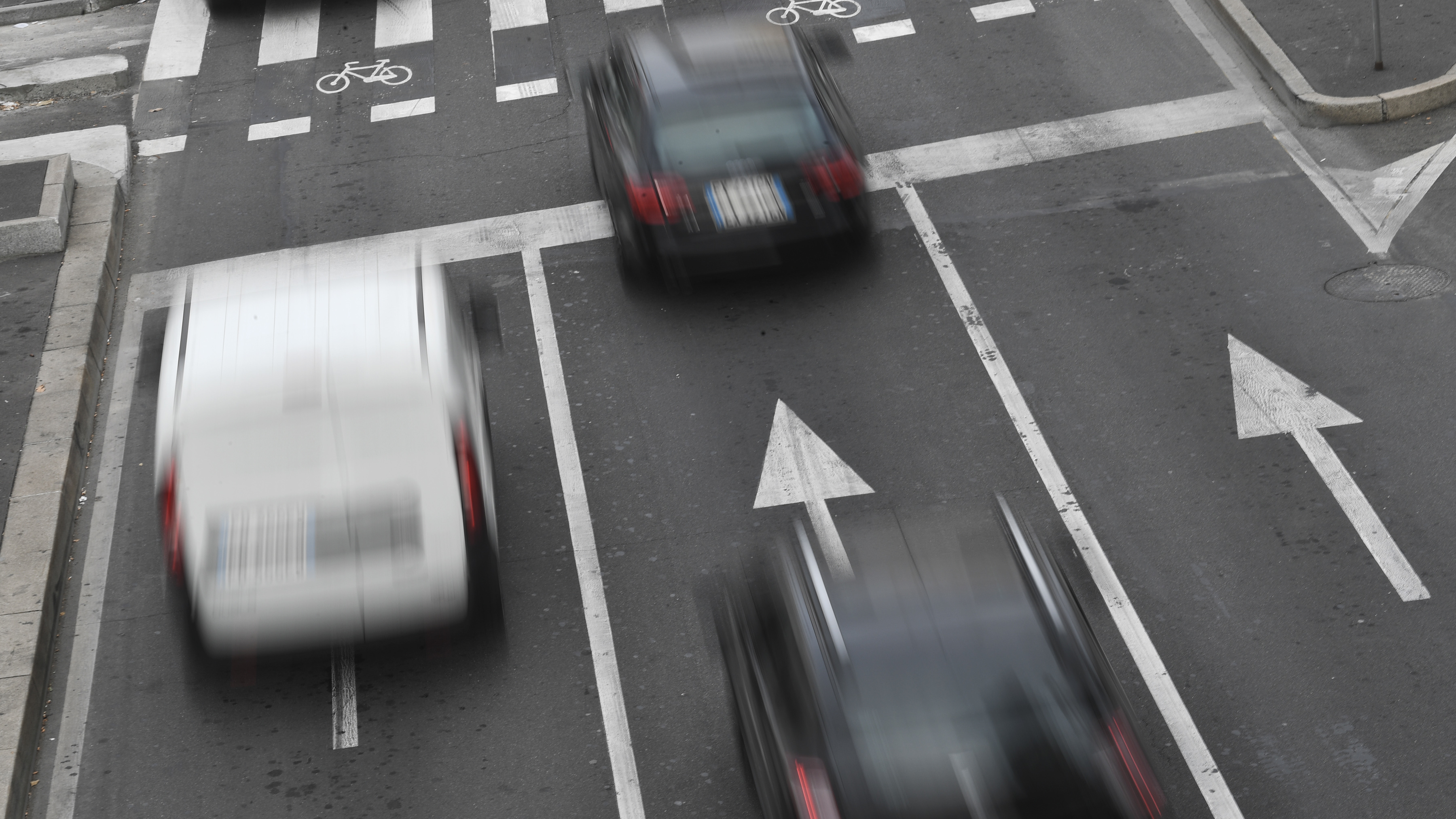Try To Argue Against Lowering DUI Threshold To .05 Without Sounding Awful
This week the nonpartisan National Academies Of Sciences, Engineering, and Medicine released far-ranging recommendations that it says would reduce the more than 10,000 alcohol-impaired driving deaths that occur annually in the U.S. Its suggestion that states lower the blood-alcohol threshold for DUI from 0.08 to 0.05 has garnered the most headlines, with anti-drunk-driving advocates lauding it as a necessary step.
Of course, it's healthy to debate legal and public policy changes that could have literal life-and-death consequences. But it's tough to come out against the proposal without sounding like you're an impaired-driving apologist.
"Well, I mean if your goal is to eliminate or minimize alcohol-related deaths, it's hard to argue against it," Bill James, an Arkansas defense attorney who represents clients charged with DWI and DUI, tells KATV.
James goes on to say that he thinks the lower threshold would be "devastating" to "professional people," who could lose their jobs over a DWI conviction. But the way he sets up his own criticisms catches him: "If your goal is to eliminate or minimize alcohol-related deaths"... well yeah, who wouldn't want to work toward that?
Or take this opposition: Last year, Utah became the first state in the U.S. to lower its legal threshold for DWI to 0.05, though the change doesn't go into effect until the end of 2018. A group called American Beverage Institute has signaled its opposition with a series of ads, including one that argued drivers over 65 years old are more of a threat than drivers with a BAC of 0.05. The full-page newspaper ad showed photos of Utah's senior lawmakers with the text: "Too Impaired To Drive?" Ouch.
Instead of mud-slinging, perhaps the solution is to offer alternatives so people don't want to drive after a few drinks, period. Certainly public transit and ride-hailing apps like Lyft present an alternative to drunk driving, where available. But 2015 data from the National Highway Traffic Safety Administration shows "the proportions of alcohol-impaired-driving fatalities were the same between rural and urban areas at 29 percent."
If throwing more Lyfts and trains at the problem won't help, then it seems new solutions that combat the "why?" behind drunk-driving are in order. While that's a necessary step, it's hard to argue with an empirical, 500-page report that a lower BAC threshold could save lives—especially if you don't want to sound like kind of an asshole.
